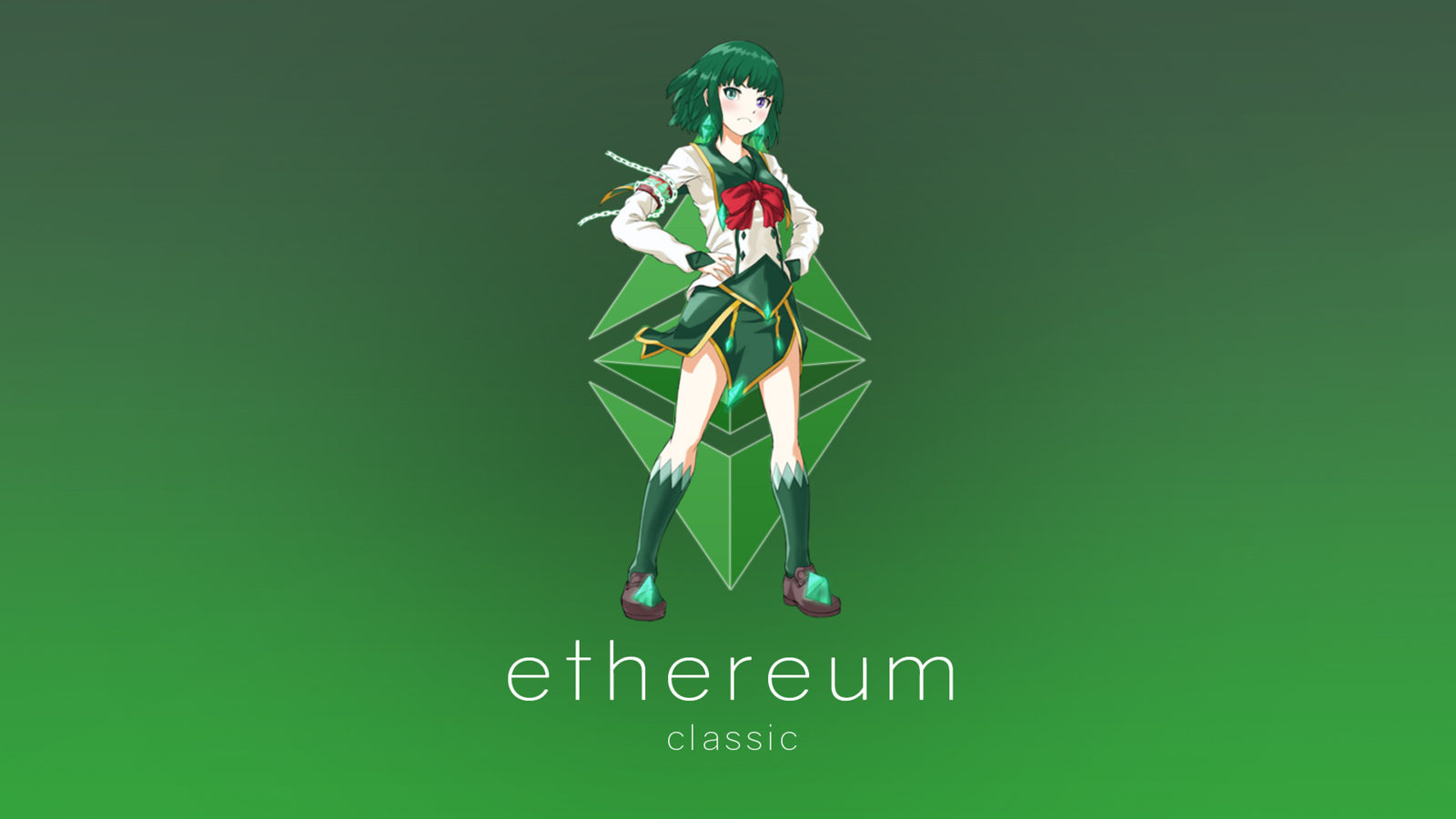Don't Miss
The Era of the Blockchain Boutique Bank Has Arrived – but Does It Go Far Enough?

The relationship between technological advances and traditional finance has always been somewhat fragile at best.
The financial industry has long been known for its reluctance to incorporate new technology into its practices, which has resulted in many aspects of how the industry goes about its business becoming dated.
Of late, we’ve seen some of the bigger names in the financial world begin to dip their collective toes into certain technological waters.
Primarily blockchain technology.
Long known for its link with cryptocurrency, and bitcoin in particular, blockchain has faced a bit of an uphill struggle to shake off the somewhat volatile reputation that cryptocurrency has gained over the past year or two.
Times are changing though, for the better.
Blockchain Is More Than Just Bitcoin
More people are learning to separate the technology from the application, and they recognize the benefits that blockchain technology can bring to their business.
Most recently we’ve seen an announcement from Ping An Bank, which is a subsidiary of China’s Ping An Insurance Group to launch what they call a boutique bank using blockchain technology.
Ping An Insurance Group is one of the leading financial and insurance companies on the planet, and Ping An Bank disclosed a US$2.94 billion profit for the year thus far in September.
It seems clear that the Shenzhen-based bank is a significant player in the space, and its introduction of a blockchain-based, non-full service investment bank is a positive step for blockchain technology in the financial field.
According to People’s Daily, which is the Chinese state-run press service, the new boutique bank will rely on Ping An Group’s experience and financial capabilities to provide integrated financial services to qualifying enterprises via Ping An Bank’s supply chain receivables service platform, which goes by the title “SAS.”
The blockchain integration comes at a time when Ping An Bank is looking to incorporate a series of business changes which include artificial intelligence, cloud computing, and big data.
Is It Time to Embrace Blockchain Fully?
This move towards blockchain banking by one of China’s most prominent financial establishments is a terrific step, but like so many others, is this a case of a financial institution toying with the idea of blockchain technology rather than embracing it fully?
We’ve already seen Dominica-based EQIBank announce that it will be opening client accounts next month (December), and lay claim to being the world’s first fully licensed and regulated offshore bank offering national currency and crypto services under one umbrella.
Talk of a new generation of banks will be nothing new to those who have been involved in the financial industry for any period of time.
Talk is usually all that it is, but EQIBank CEO Jason Blick sees things differently –
“There is a lot of market speculation about the delivery of a new generation of a bank – one that can bridge the worlds of crypto and national currencies.
“However EQIBank is the only licensed, regulated bank that is operational and ready to receive applications for accounts.”
Perhaps the most striking fact that sets EQIBank apart from many other startups who make similar bold claims is the fact that Blick and EQIBank have already secured a banking license.
“Securing a banking license is a rare occurrence; regulators receive hundreds of applications every year, but between 2010 and 2015 only three new banks opened in the US.
“This is why we are so proud to have been granted a full banking license and look forward to bringing progressive banking services across the globe.”
Ripple Also Leading the Way
Perhaps one of the more notable names when it comes to the blockchain banking discussion is Ripple, who have managed to land themselves deals with the likes of Santander, PNC, and Malaysia’s CMB group.
The xCurrent blockchain technology from Ripple is proving popular with banks who wish to adopt technology that can offer faster and more manageable payments systems, but again, this is a case of integration rather than revolution.
To a certain extent, it’s the equivalent of applying a sticking plaster to a wound that needs proper medical attention, and Blick believes that the banking sector itself is what needs overhauling, not just the payments system.
“Banking is broken. We hear this consistently throughout the market – whether we’re talking to high net worth individuals or financial institutions.
“People want to invest in new, emerging asset classes, but they can’t because the industry simply hasn’t evolved to make it possible. The process is too complex, too expensive and too insecure. We launched EQIBank to solve these problems, redefining the boundaries of banking.”
Redefining the boundaries of banking sounds like a real mountain to climb, but all indications are that Blick and EQIBank are up to the task.
Regardless, one thing that most of us can agree on is that blockchain technology is seeping into the mainstream financial sphere in various forms, and that can only be a good thing.
Disclaimer: This article should not be taken as, and is not intended to provide, investment advice. Global Coin Report and its affiliates, employees, writers, and subcontractors are cryptocurrency investors and from time to time may or may not have holdings in some of the coins or tokens they cover. Please conduct your own thorough research before investing in any cryptocurrency and read our full disclaimer.
Don't Miss
A Guide to Exploring the Singaporean ETF market

Singapore’s Exchange Traded Fund (ETF) market has grown, offering investors diverse investment opportunities and access to different asset classes. As the market evolves, investors must navigate these uncharted waters with a clear understanding of Singapore’s ETF landscape. This article explores the trends, challenges and strategies for navigating the Singapore ETF market. To start investing in ETFs, you can visit Saxo Capital Markets PTE.
The Singaporean ETF Market: Exponential Growth
The Singapore ETF market has seen significant growth in recent years, with an increasing number of ETFs covering a wide range of asset classes and holders. different investment topics.
One of the notable trends in the Singapore ETF market is the growing diversity of available options. Investors can now choose from ETFs that track domestic and international stock indexes, bonds, commodities, and specialist sectors or themes. This diverse range of ETFs allows investors to create comprehensive portfolios tailored to their investment goals.
The growth of the ETF market in Singapore is also due to growing investor demand for low-cost, transparent, and accessible investment vehicles. ETFs offer benefits such as intraday liquidity, real-time pricing, and the ability to trade on exchanges. These characteristics have made ETFs attractive to retail and institutional investors who want exposure to different asset classes.
Regulatory Landscape and Investor Protection
The Monetary Authority of Singapore (MAS) is the…
Don't Miss
Property Loans for Foreigners in Singapore That You Must Know About

Intending to invest in a residential or commercial property in Singapore?
When it comes to foreigners applying for a loan in Singapore, things can be pretty hard regardless of the reason whether you need the property for personal or business purposes.
In Singapore, buying a property is challenging, whether you are a foreigner or a native, and sometimes applying for a loan is the only way for you to afford it.
HOW MUCH CAN YOU BORROW FOR A PROPERTY LOAN IN SINGAPORE?
As for the Foreigner Loans, in Singapore, there is an exact amount of money you can borrow to finance the purchase of a property.
In this sense, Singapore has the Loan to Value Ratio (LTV).
The LTV ratio is what determines the exact amount of money you can borrow for a property loan, which changes depending on where you try to obtain the loan:
- If you are applying for a bank loan, you can borrow a maximum of 75% of the value of the property you want to purchase. That means if you are looking for a property that costs $500.000, the maximum amount of money a bank lender can give you like a loan in Singapore is going to be $375.000.
- When you are applying for a loan with a Housing…
Don't Miss
CoinField Launches Sologenic Initial Exchange Offering

CoinField has started its Sologenic IEO, which is the first project to utilize the XRP Ledger for tokenizing stocks and ETFs. The sale will last for one week and will officially end on February 25, 2020, before SOLO trading begins on the platform. Sologenic’s native token SOLO is being offered at 0.25 USDT during the IEO.
Earlier this month, Sologenic released the very first decentralized wallet app for SOLO, XRP, and tokenized assets to support the Sologenic ecosystem. The app is available for mobile and desktop via the Apple Store and Google Play. The desktop version is available for Windows and Mac.
“By connecting the traditional financial markets with crypto, Sologenic will bring a significant volume to the crypto markets. The role of the Sologenic ecosystem is to facilitate the trading of a wide range of asset classes such as stocks, ETFs, and precious metals using blockchain technology. Sologenic is an ecosystem where users can tokenize, trade, and spend these digital assets using SOLO cards in real-time. The ultimate goal is to make Sologenic as decentralized as possible, where CoinField’s role will be only limited to KYC and fiat ON & OFF ramping,” said CoinField’s CEO…
-

 Blogs6 years ago
Blogs6 years agoBitcoin Cash (BCH) and Ripple (XRP) Headed to Expansion with Revolut
-

 Blogs6 years ago
Blogs6 years agoAnother Bank Joins Ripple! The first ever bank in Oman to be a part of RippleNet
-

 Blogs6 years ago
Blogs6 years agoStandard Chartered Plans on Extending the Use of Ripple (XRP) Network
-

 Blogs6 years ago
Blogs6 years agoElectroneum (ETN) New Mining App Set For Mass Adoption
-

 Don't Miss6 years ago
Don't Miss6 years agoRipple’s five new partnerships are mouthwatering
-

 Blogs6 years ago
Blogs6 years agoCryptocurrency is paving new avenues for content creators to explore
-

 Blogs6 years ago
Blogs6 years agoEthereum Classic (ETC) Is Aiming To Align With Ethereum (ETH)
-

 Blogs6 years ago
Blogs6 years agoLitecoin (LTC) Becomes Compatible with Blocknet while Getting Listed on Gemini Exchange















